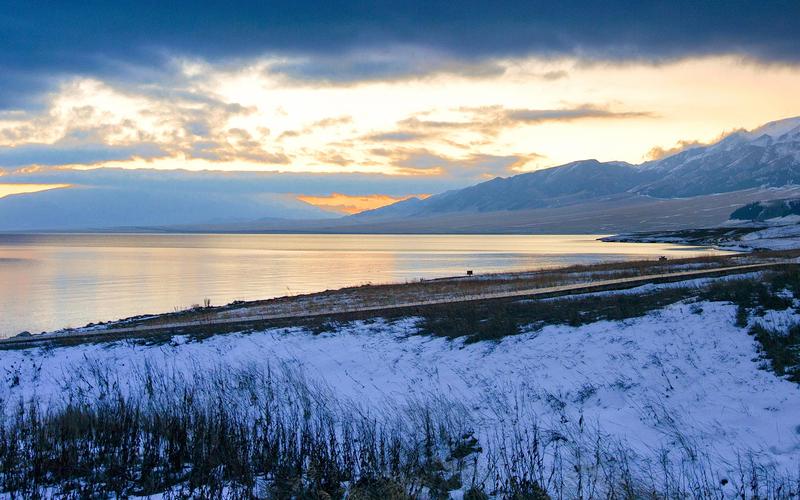Celebrating the Rich Culture of Indian Festivals
India is known for its vibrant and diverse culture and one of the best ways to experience it is through its festivals. These festivities are not just about celebration, but also an opportunity to embrace its rich traditions, customs, and values. Each festival in India is unique and has its own importance and significance. In this article, we will explore some of the major Indian festivals and how they are celebrated across the country.
Diwali – The Festival of Lights
One of the most popular festivals in India is Diwali, also known as the festival of lights. It is celebrated in the month of October or November and symbolizes the victory of good over evil. People decorate their homes with lights and earthen lamps, perform puja (worship), exchange sweets and gifts, and burst firecrackers. The festival also marks the beginning of the Hindu New Year and is celebrated across India with great enthusiasm.
Holi – The Festival of Colors
Holi is another colorful and vibrant festival celebrated across India in the month of March. The festival symbolizes the victory of good over evil and the arrival of spring. People celebrate by throwing colors and water on each other, dancing to folk music, and relishing delicious traditional sweets. Holi is also a perfect occasion to spread love, harmony and forgiveness, and brings people from different backgrounds closer to each other.
Ganesh Chaturthi – The Festival of Lord Ganesha
Ganesh Chaturthi is celebrated to honor the elephant-headed God, Lord Ganesha. The festival is celebrated in the month of August or September and is particularly popular in the western Indian state of Maharashtra. People bring home clay idols of Lord Ganesha, offer prayers, and immerse the idols in water bodies after a few days. The festival is celebrated with great fervor and enthusiasm, with elaborate decorations, cultural events, and mouth-watering delicacies.
Eid-ul-Fitr – The Festival of Breaking the Fast
Eid-ul-Fitr is an important festival celebrated by Muslims all over the world, including India. It marks the end of the holy month of Ramadan, during which Muslims fast from dawn to dusk. On this day, people dress up in new clothes, offer prayers, and visit each other’s homes to exchange sweets and gifts. The festival is celebrated with equal zeal and enthusiasm by people of all faiths, and strengthens the bond of love and brotherhood.
Pongal – The Harvest Festival of South India
Pongal is a popular harvest festival celebrated in the southern Indian states of Tamil Nadu, Karnataka, and Andhra Pradesh. It is celebrated in the month of January and marks the end of the winter solstice. People offer prayers to the Sun God, cook traditional dishes, and decorate their homes with colorful kolams (rangolis). Pongal is an important festival for farmers, as it marks the beginning of the harvest season and is a time of thanksgiving and gratitude.
Conclusion
Indian festivals are an integral part of its rich cultural heritage, and are celebrated with great joy and enthusiasm. These festivals bring people together, irrespective of their caste, creed, language or religion, and foster a sense of unity, harmony, and cultural diversity. Each festival has its own unique significance, and celebrating them is a great way to experience the beauty and richness of India’s cultural tapestry. So next time you visit India, don’t miss the chance to experience its myriad of festivals and make unforgettable memories.
(Note: Do you have knowledge or insights to share? Unlock new opportunities and expand your reach by joining our authors team. Click Registration to join us and share your expertise with our readers.)
Speech tips:
Please note that any statements involving politics will not be approved.
